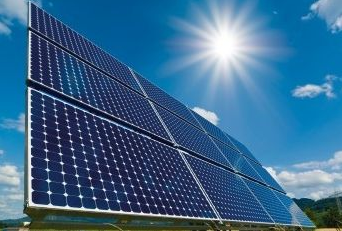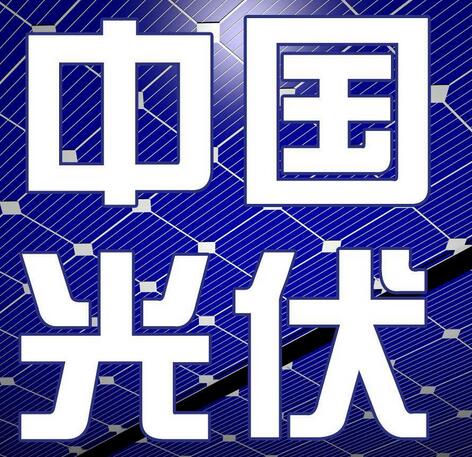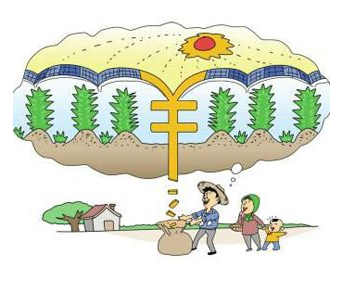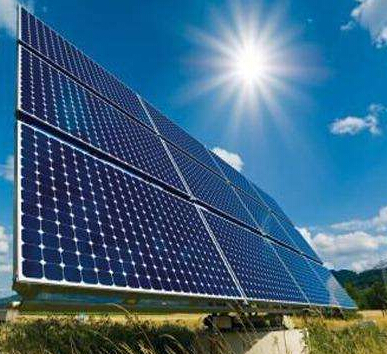A millet is planted in spring and 10,000 grains are harvested in autumn. In the blink of an eye it was late autumn, walking through the fields, the heavy valley spikes swayed with the wind, like setting off layers of golden waves. At this moment, the heart of the cropper is always extremely happy. In Beisu Village, Guangzong County, Xingtai City, Hebei Province, the villagers' joy is not only derived from Jin Cancan grains, Huang Chengcheng's corn, but also the neat rows of "blue boards" on the roof.
"This photovoltaic is our people's" iron crops. "It is planted, harvested annually, and Chengdu is not bad." Zhang Yuchuan, a poor household over the age of seventy, said that his family is a split-type photovoltaic installed at the end of 2016. The annual income is around 1500 yuan, which is a lot of income for the rural elderly without working ability. In Beisu Village, there are currently more than 200 poor households benefiting from photovoltaics, and in Guangzong County, there are more than 11,000 villagers who install photovoltaics in each village.
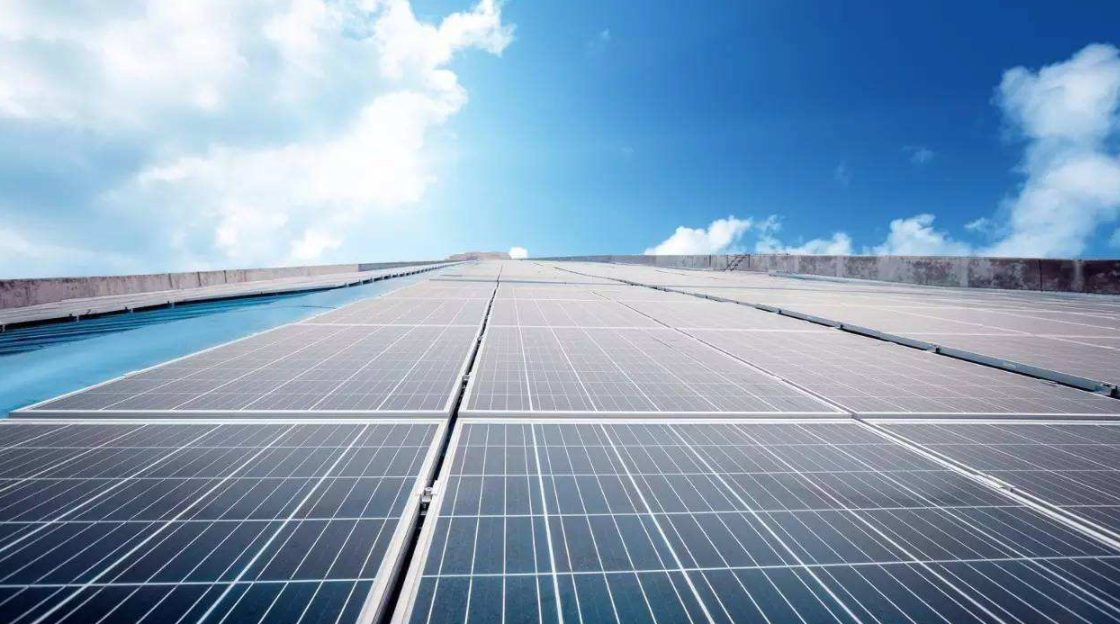
In order to solve the problem of funding for photovoltaic installation, Guangzong County implemented policies by category, and introduced a fund-raising model combining home-based fund subsidies, government-bank-enterprise insurance, and self-financing by poor households. For farmers who have not used household funds to develop industrial projects, the county can arrange household funds to pay for the installation of photovoltaic panels. For farmers who have used household funds to develop other industries, the county government works with local banks and photovoltaic installation units. Negotiate and explore the implementation of government-bank-enterprise insurance loans. Bank loans and government discounts will help farmers install photovoltaics. For farmers with a certain economic capacity and willing to increase the scale of photovoltaics, the government encourages them to raise part of their funds.
In order to solve the problem that the roofs of the poor households of the Ministry do not have the installation conditions, Guangzong County made it clear that under the premise of my own poor households, the townships and villages will guide the poor villages to establish photovoltaic cooperatives and include these poor households in the scope of management services. Then, the cooperative is responsible for uniformly coordinating the roof, uniformly installing to the household, uniformly managing and maintaining, and uniformly coordinating dividends.
















 RCCN WeChat QrCode
RCCN WeChat QrCode Mobile WebSite
Mobile WebSite


